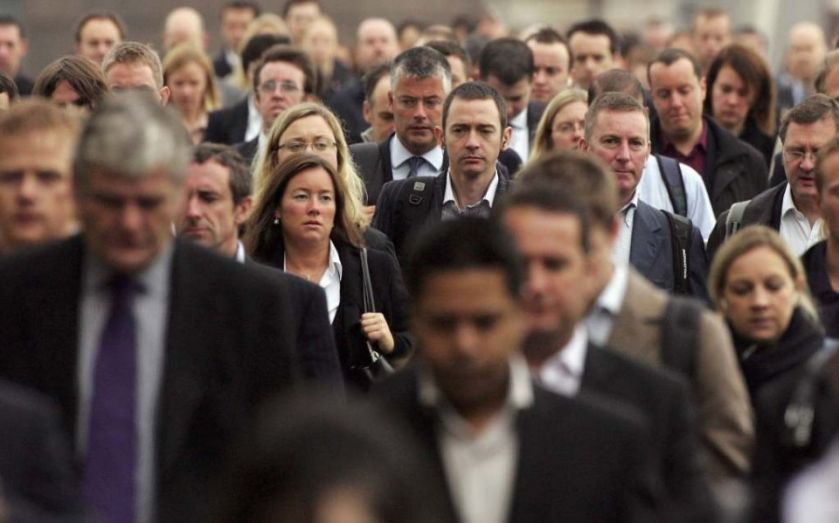The UK gender pay gap: You’re probably spending an hour a day working for free

You're probably spending at least an hour day working that you don't get paid for.
It's not just putting in those extra hours to impress the boss or getting that project finished, it's each and every average working day in which an hour and 40 minutes of is entirely unpaid.
How do you know if you're one of those affected? And nearly half (47 per cent to be exact) of people in work are. You just need to ask yourself one question – are you a woman?
If not, sit back and enjoy the rest of your afternoon, which will be spent being adequately compensated for your effort.
If you happen to be a woman, then the gender pay gap means you will spend nearly double the time of your daily lunch break not being paid for your productivity compared to male colleagues.
That works out as 57 days a year – almost double the minimum amount of statutory leave offered to everyone in full-time work. – because women are still earning, on average, 22 per cent less than men. That works out as around £8,524 each year, research from the Chartered Management Institute (CMI) and XpertHR found.

At a senior director level, that gap becomes even wider, with men earning £138,699 on average, compared to women's £123,756, a difference of nearly £15,000.
Even bonuses are not free of gender bias the study found, with women taking home £2,531, almost half that of men who pocketed £4,898.
“Working for free two hours a day is unacceptable," said CMI chief Ann Francke. "While some progress is being made, it’s clear from our research that Lord Davies is right to target the executive pipeline. Having more women in senior executive roles will pave the way for others and ensure they’re paid the same as their male colleagues at every stage of their careers."
The number of women on boards is expected to reach 25 per cent by the end of the year, a target set by Lord Davies earlier this year.
The survey also found that the gender divide is greater the older you are. Women aged between 26 and 35 are paid six per cent less than male colleagues, while for those aged 36 to 45, that stands at 20 per cent. From 46 to 60 years of age that hits 35 per cent and by their 60s, women are earning 38 per cent less than men.
The one glimmer of good news in the findings is that the gap has shrunk, with the overall pay difference having inched down from 23 per cent last year.